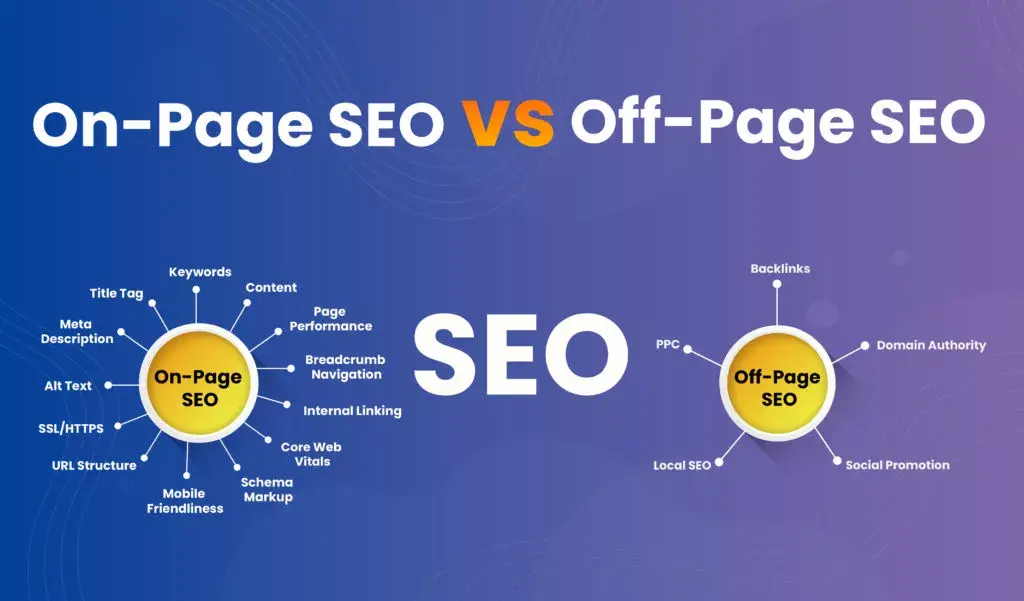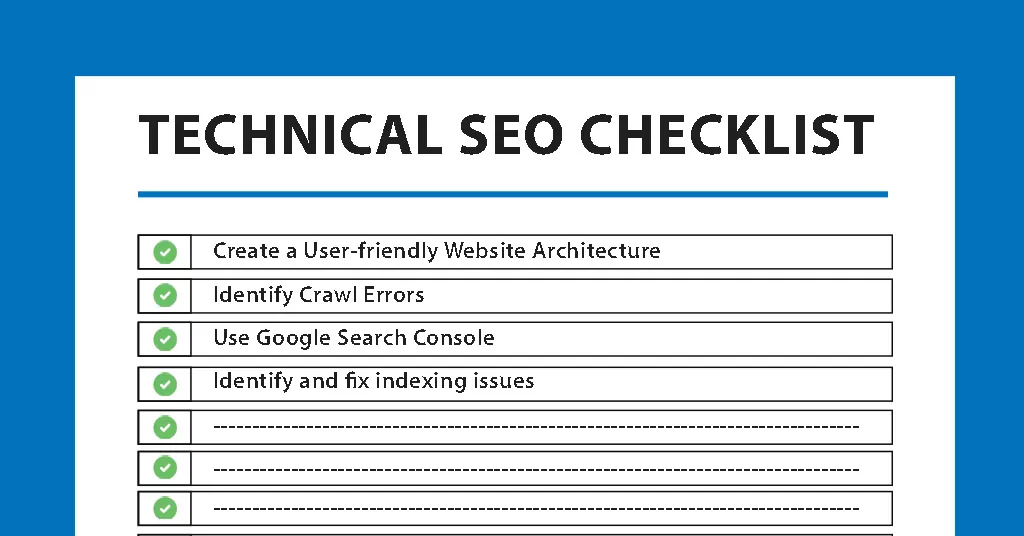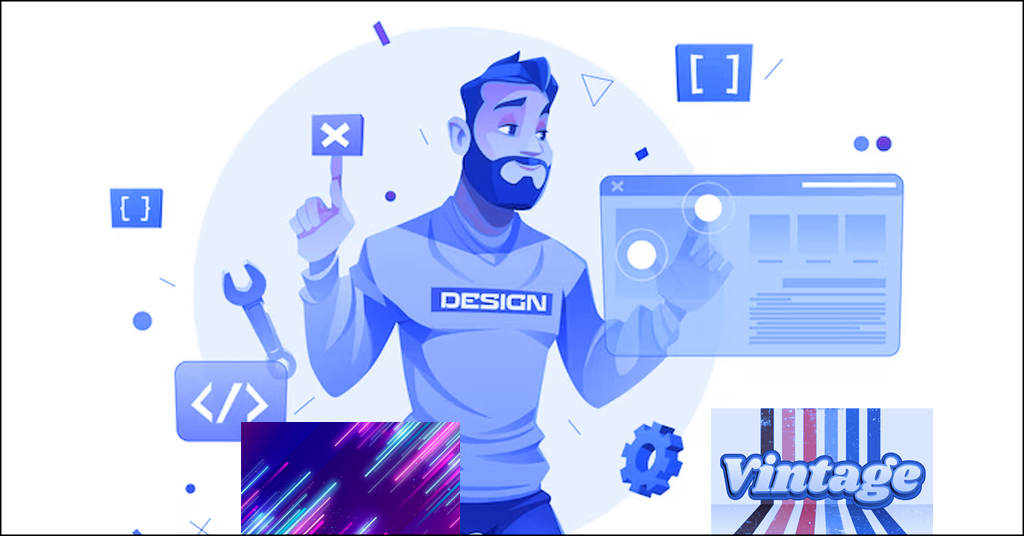How to pick your project's appropriate web development framework
Table of contents
A software framework intended to facilitate the creation of web applications, including web services, web resources, and web APIs, is known as a web development framework. A standardized method for creating and launching web applications on the Internet is offered by web frameworks. The goal of web frameworks is to automate web development overhead related to routine tasks. For instance, a lot of web frameworks encourage code reuse and offer libraries for templating frameworks, database access, and session management.
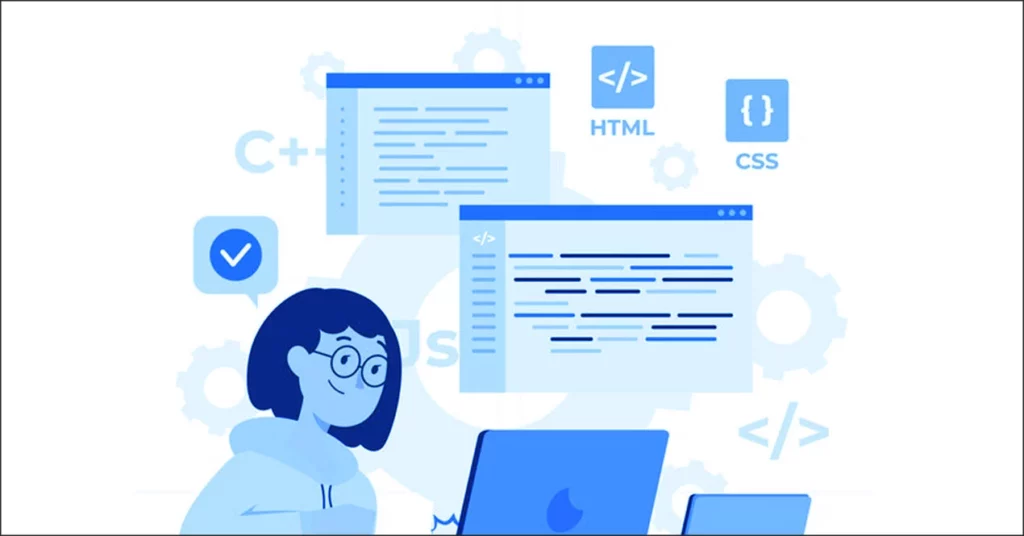
Advantages of Web Framework Utilization
According to Web Design Jacksonville experts, Using web frameworks has a number of advantages, including:
- Enhanced productivity: By offering a pre-built base for web development, web frameworks can assist developers in being more productive. As they don’t have to write all the code from the start, this can save developers a ton of time and work.
- Better code quality: By offering a collection of best practices and recommendations, web frameworks can assist developers in writing code that is more error-free. Code that is more dependable, safe, and maintainable may result from this.
- Enhanced security: By offering built-in security measures and assisting developers in avoiding typical security hazards, web frameworks can help to improve the security of web applications.
- Quicker development: By offering a collection of pre-built tools and functionalities, web frameworks can assist developers in creating web applications more quickly. This is particularly advantageous for intricate web applications.
Web Framework Types
Web frameworks come in two primary categories:
- Server-side frameworks: These programs manage the logic and data processing for web applications by running on the web server.
- Client-side frameworks: These programs manage how web apps are shown and interacted with, operating within the user’s web browser.
Often Used Web Frameworks
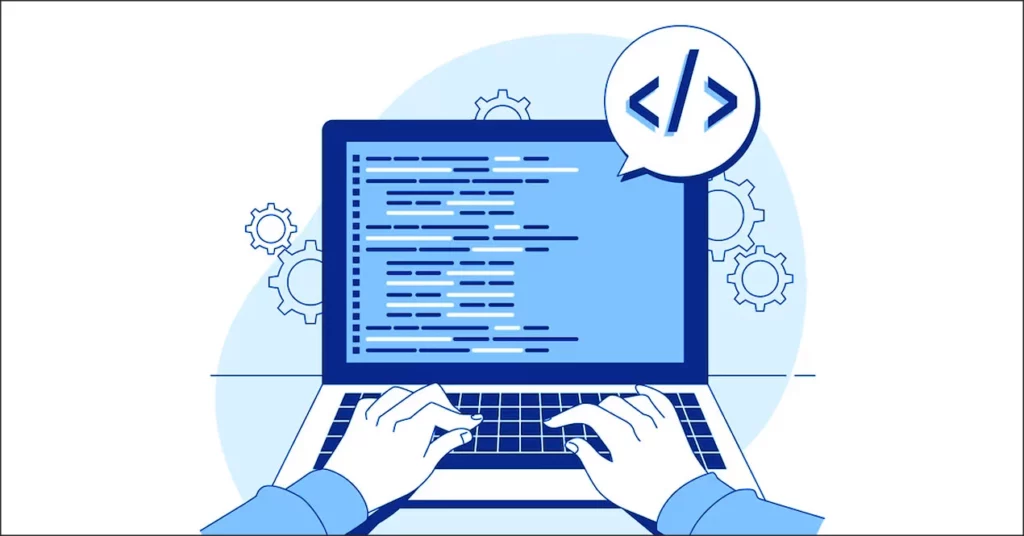
Among the most widely used web frameworks are:
- Server-side frameworks: ASP.NET (C#), Spring Boot (Java), Ruby on Rails (Ruby), Laravel (PHP), and Django (Python).
- Client-side frameworks: Angular, Svelte, Vue, and React are examples of client-side frameworks in JavaScript.
Selecting an Online Framework
There are several things to take into account while selecting a web framework, including:
- Programming language: For the development of your web application, which programming language do you choose?
- Features: What characteristics should a web framework have?
- Community: Is there a sizable and vibrant community for the web framework?
- Documentation: How thoroughly documented is the web framework?
- Support: Does the web framework have good support available?
Conclusion
According to Web Design Jacksonville FL experts, For web developers of all experience levels, web development frameworks can be an invaluable resource. online frameworks enable developers to create secure and dependable online applications more rapidly, write better code, and be more productive by offering a pre-built base for web development.

